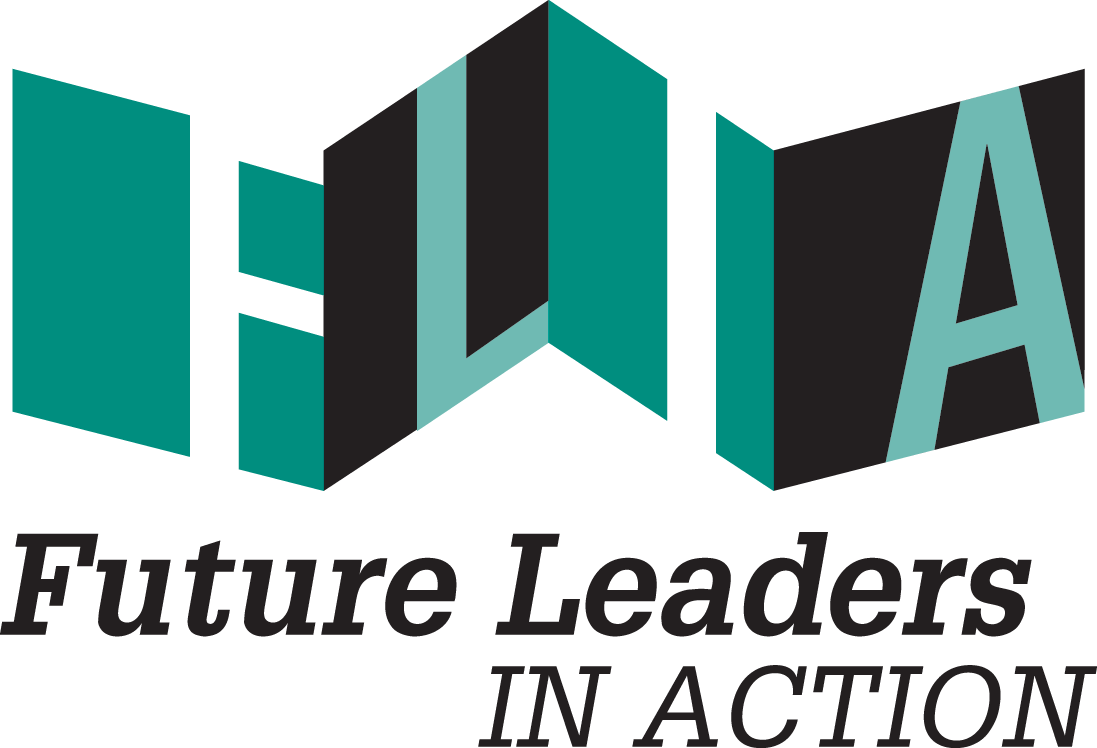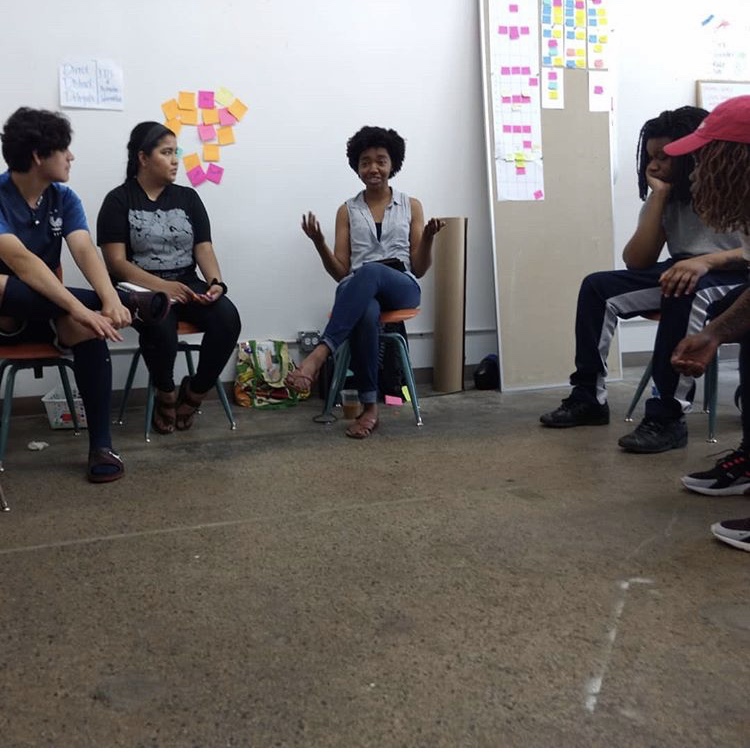Grow, Support, Expand. This is the mantra I made for myself during the Future Leaders in Action Retreat. It means I grow, I support the growth of others, and then we slowly expand the growth within, and outside, our communities.This mantra was born out of my two core values: growth, and empathy. I chose these two values because I’m committed to the growth of myself, but I also want to make sure I’m sensitive to the growth and journey of others. Looking at these two core values alone, I’m sure you can understand why I applied to be a fellow with Future Leaders in Action and why I love my job as a facilitator of a youth program with Territory.
As a facilitator at Territory, my main goal is to guide my team in developing a Public Space Plan within a local community while bringing the stories of the youth within that community to life. While our overarching summer goal requires a lot of empathy for the community we are working with, it can be easy to overlook the empathy we need to work with each other as a team. As a goal oriented person, I’ve definitely felt the frustration of working with a team to achieve a goal, so I’ve taken a few precautions to instill empathy and growth into the structure of the program.
Dakari facilitating an inclusivity training.
The first precaution I’ve taken is developing an inclusivity training. I’m a big believer that a strong foundation is essential to a good team, and that in a good team everyone feels welcomed from the start. This is why I decided to develop and lead a training on how we can be an inclusive and welcoming team. Within this training, I taught the teen interns the three D’s of Bystander Intervention (Direct, Distract, and Delegate), so they would know how they can respond if someone was being unwelcoming. I felt it was important to provide a space for the teens to learn and ask questions of how to be more inclusive, while also providing the tools on how to respond when someone isn’t being welcomed.
The second precaution is one that I’ve instilled into every day of work. I make it a point to check in with my team everyday, and just to see how they are doing as people. This simple action builds trust, friendship, and a team. Usually we do this as a group, when we all sit in a circle and share how we are, but I find it’s always great to have a follow up one on one conversation with the team members weekly. This ensures that the quieter team members are given a fair opportunity to share. On top of this, I also build in weekly acknowledgements in which the team members take a moment to acknowledge each other, and all we have accomplished that week. Through these quick practices, I aim to allow space to acknowledge both the growth and humanity within my team members. Each team member is valuable, and any opportunity to acknowledge their personhood and team contributions should be taken!
The final precaution I’ve taken is instilling restorative justice as a response to any behavioral disruptions.When you are working with marginalized populations, especially youth, you want to be intentional in how you react to any behavioral disruptions. They happen, it’s inevitable, and it’s okay. We are human, and we all have days we aren’t proud of. What matters is how we respond to our team members who are experiencing those challenging days. So I’ve been working to develop a restorative protocol for my program that acknowledges the challenges the team member is experiencing without pushing them out of the team. My hope with this precaution, and those mentioned previously, is that I’m establishing a team that is committed to the growth of themselves and each other.


